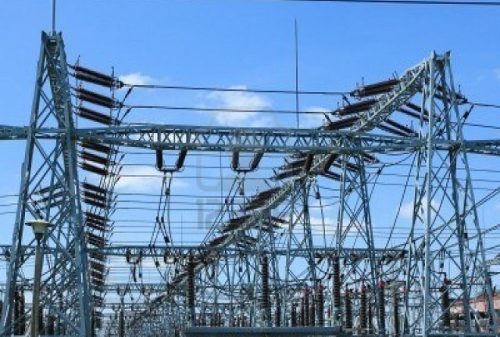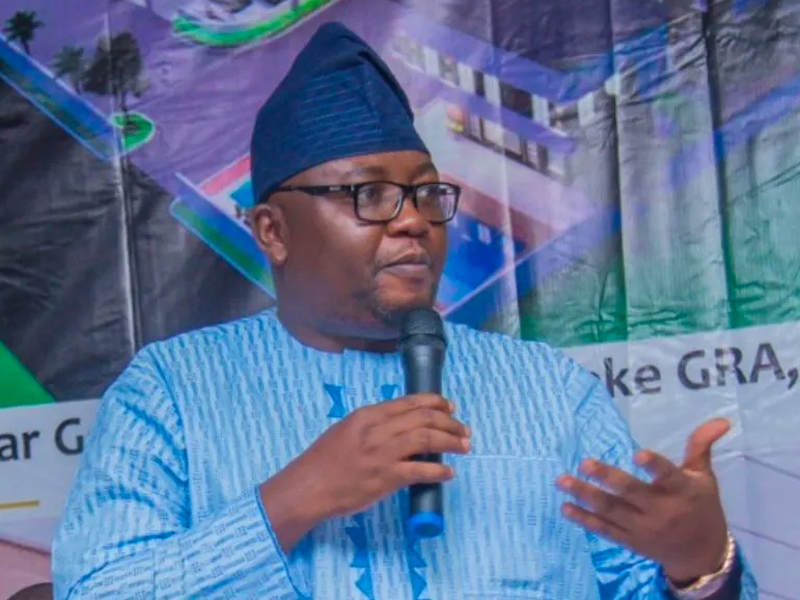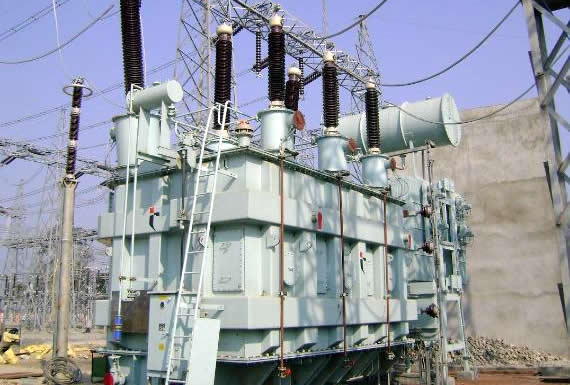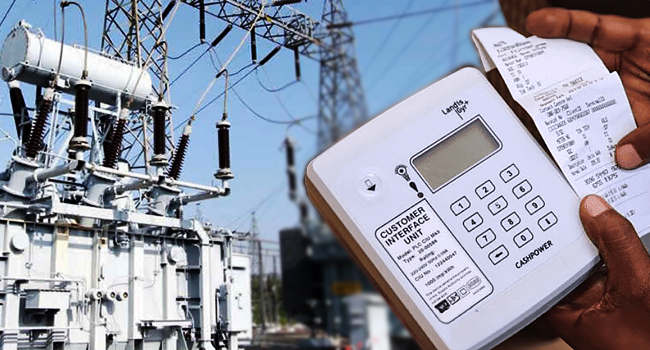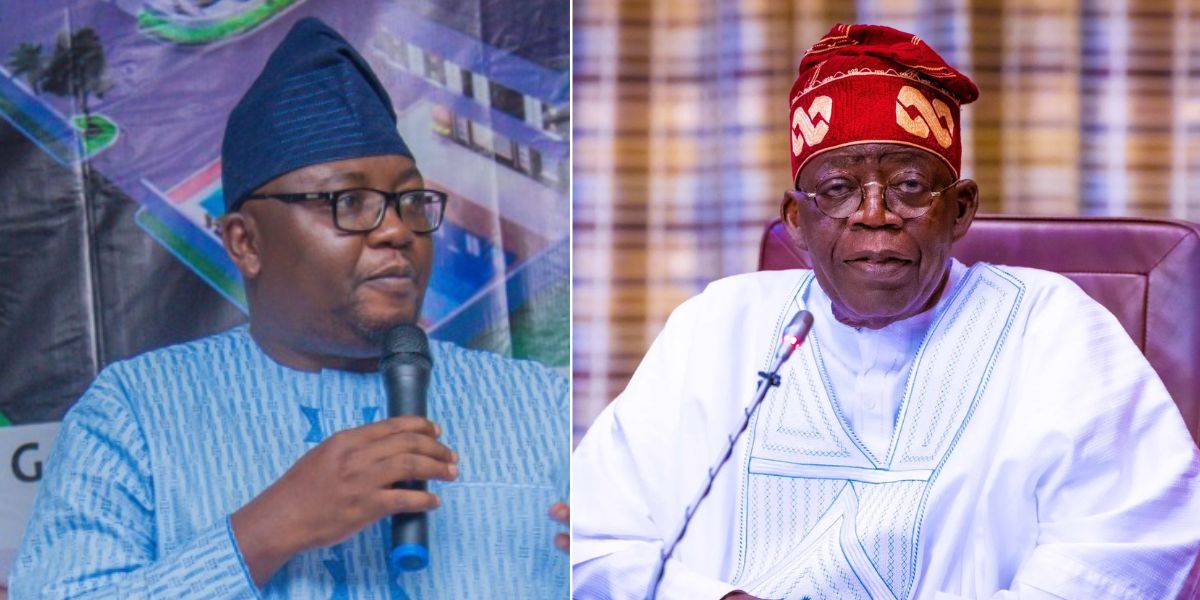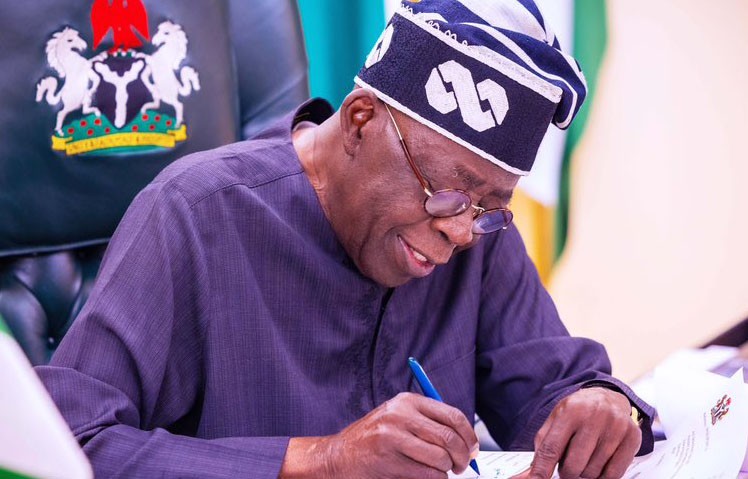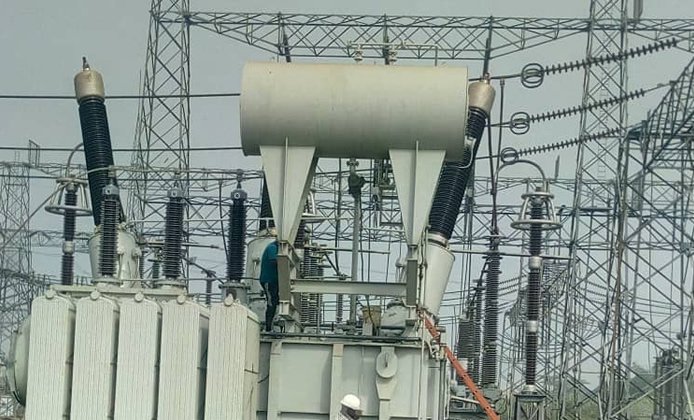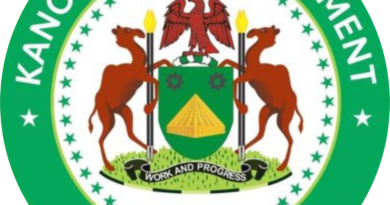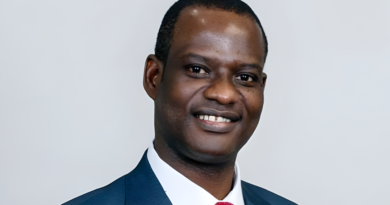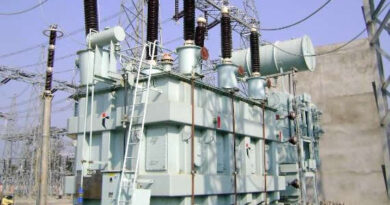One Year After FG’s Promise, Electricity Subsidy Still Out of Reach for Schools and Hospitals
One year after the Federal Government promised to subsidise electricity for Nigeria’s public hospitals and educational institutions, the pledge remains unfulfilled. Facilities across the country are still battling with huge electricity bills, while officials say no subsidy has been implemented despite earlier assurances.
In August 2024, the Minister of Power, Adebayo Adelabu, announced that the government would subsidise power for health and academic institutions, even if they were classified under Band A—Nigeria’s highest power tariff category. The announcement came after these institutions saw their electricity costs triple, following subsidy removal for Band A customers.
Some federal hospitals now pay as much as ₦300 million monthly for electricity, a steep rise from under ₦100 million before the tariff adjustment. Despite these alarming figures, there has been no follow-up action or clear communication from the government, and stakeholders say the situation is becoming unsustainable.
Adelabu, who has since declared his interest in contesting the Ogun State governorship election, stated last year that the government would collect data and reimburse distribution companies while schools and hospitals paid only part of their bills. But insiders say that no concrete steps have been taken to implement this.
In fact, a consumer advocacy group claims that the announcement might have been politically motivated and not backed by the Federal Executive Council. According to Adeola Samuel-Ilori of the Electricity Consumers Protection Forum, interactions with regulatory officials confirmed that no formal policy was ever approved.
Even as the Federal Government previously stated its intent to provide a 50% subsidy for hospitals, that plan seems to have been shelved. Many institutions continue to suffer financially, with some facing disconnections due to unpaid bills. In Lagos, both the University of Lagos and the Lagos State University Teaching Hospital were disconnected at different times in 2024, with bills soaring to over ₦280 million for a single month.
Experts like Professor Dayo Ayoade from the University of Lagos believe the delay could be tied to concerns over the sustainability of such subsidies. He warned that while subsidising electricity in essential institutions is a good idea, poor targeting and misuse could derail it, as has happened with previous government subsidies.
In place of subsidies, the Ministry of Power now appears to be shifting focus to solar energy through the Rural Electrification Agency. Several universities and teaching hospitals, including the University of Maiduguri and its teaching hospital, have already received solar installations under this programme. The government says this approach will help reduce grid dependency and provide more reliable power.
According to the ministry’s media aide, Bolaji Tunji, renewable power is now the preferred solution. He noted that the Rural Electrification Agency is actively delivering off-grid solar solutions to 37 universities and seven teaching hospitals, alongside other facilities.
This new direction may be linked to the rising national electricity subsidy bill, which exceeded ₦500 billion in the first quarter of 2025 alone. With this financial pressure, the Federal Government is reportedly struggling to subsidise power for both lower-band customers and essential public institutions.
Meanwhile, schools and hospitals continue to plead with the government to revisit its promise. Many institutions say the high electricity bills are eating deep into their operating budgets and affecting the delivery of basic services. Some, like the University College Hospital in Ibadan, have faced repeated disconnections over unpaid debts.
As power costs keep rising and facilities remain burdened, many Nigerians now see the government’s initial promise as just another unfulfilled political statement, while critical institutions remain in the dark—literally and financially.

